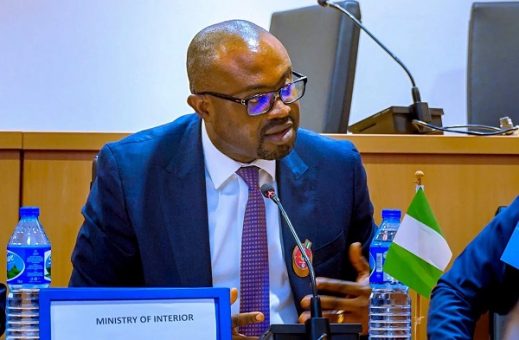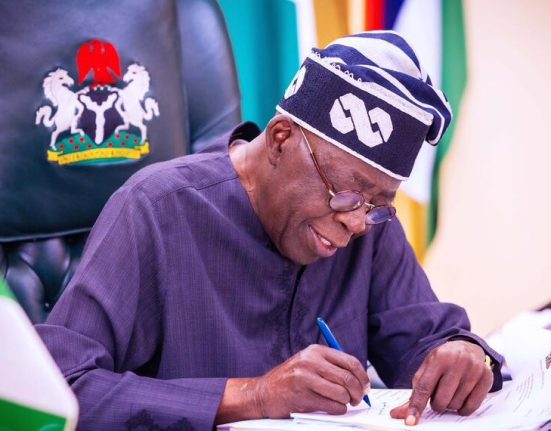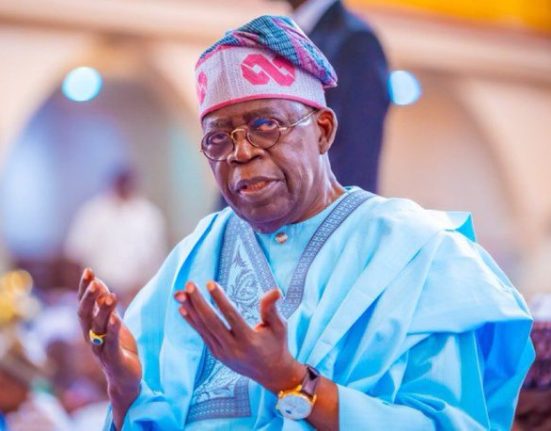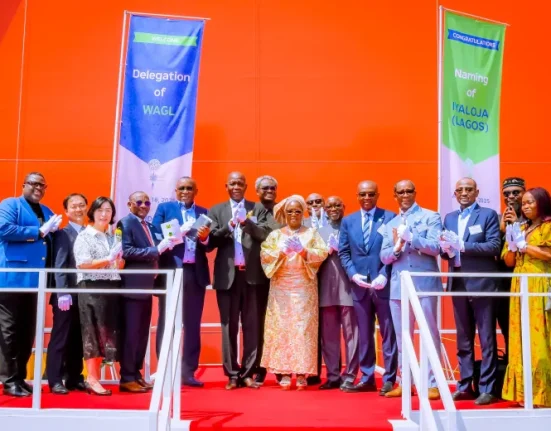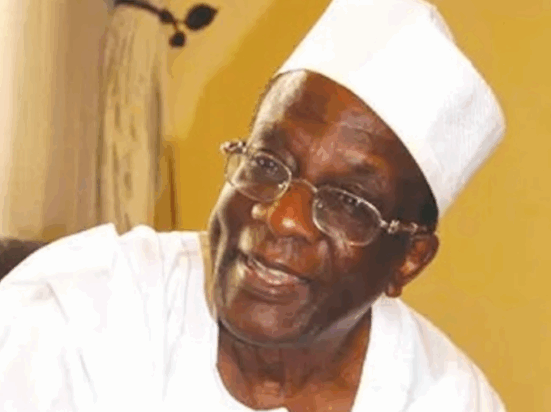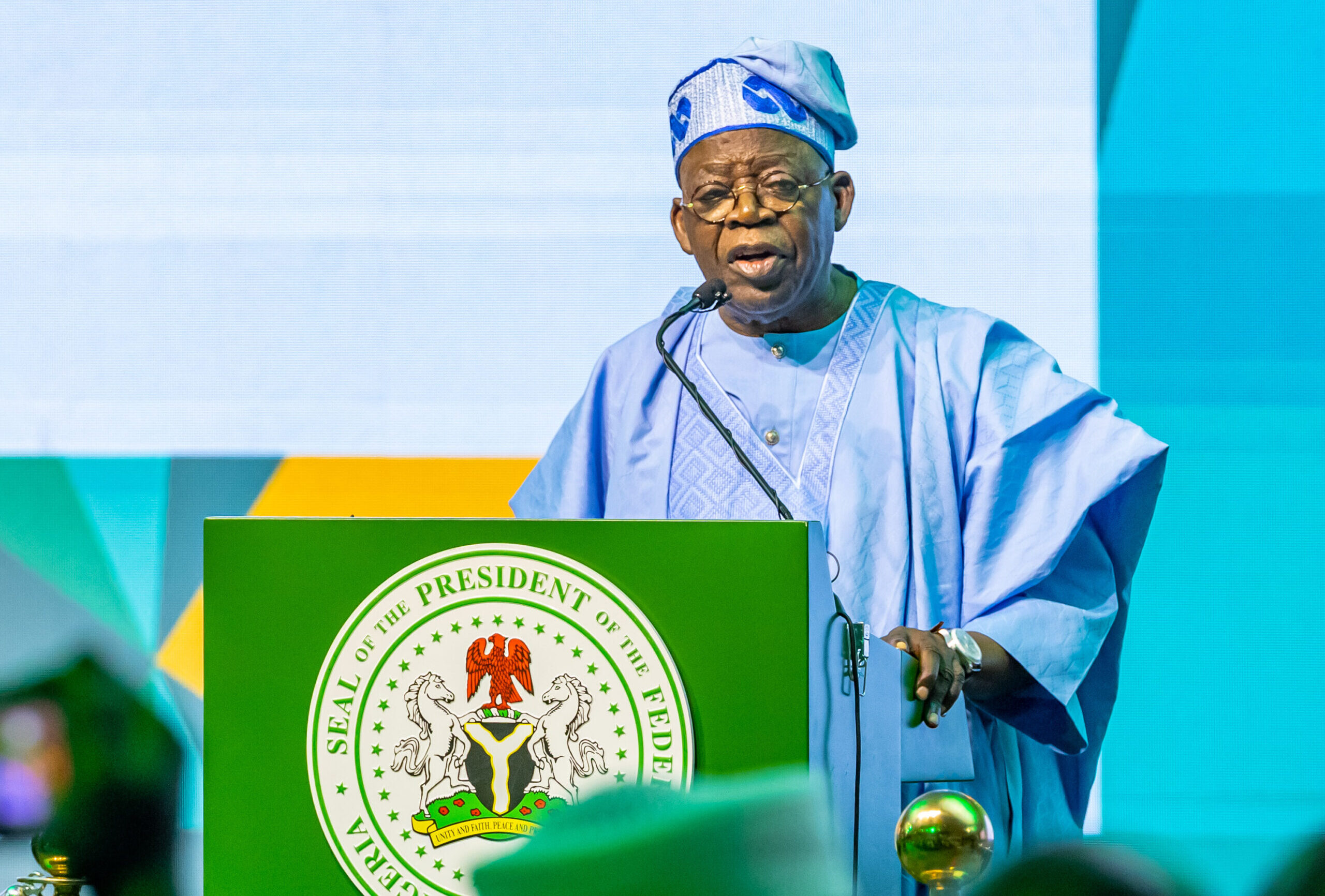The Minister of Interior, Olubunmi Tunji Ojo, has stated that President Bola Ahmed Tinubu’s administration inherited an economy riddled with deep structural imbalances, describing it as “heavily distorted” and in urgent need of sweeping reforms. The minister made this known during a public address while speaking on the state of the nation’s economy and the ongoing efforts by the federal government to reposition the country for sustainable growth.
According to Tunji Ojo, the current administration met an economy that was not only burdened by debt and dwindling revenue but also characterised by chronic inefficiencies, policy inconsistencies, and a deeply entrenched subsidy culture that left the government financially incapacitated. He explained that President Tinubu, since assuming office in May 2023, has had to confront the stark realities of an economic framework that had largely become unsustainable.
He cited the removal of the petrol subsidy, the unification of the exchange rate, and the aggressive push for increased revenue generation as bold measures taken by the Tinubu-led government to correct years of financial mismanagement and opaque fiscal practices. The minister added that while the impact of these reforms may be tough in the short term, they are essential for laying a solid foundation for long-term economic recovery and prosperity.
Tunji Ojo also touched on the administration’s commitment to transparency, accountability, and digital transformation in public service delivery—emphasising that good governance must be anchored on policies that promote productivity, reduce waste, and protect the most vulnerable segments of society.
He urged Nigerians to be patient and supportive, noting that the path to economic stability is never without discomfort. However, he assured citizens that President Tinubu’s reform agenda is built on a clear vision of restoring investor confidence, growing the private sector, and creating an environment where both local and international businesses can thrive.
As inflation continues to challenge purchasing power and living standards remain under pressure, the Minister stressed that the government remains actively engaged in pro-poor interventions, including social investment programmes, food distribution, and wage adjustments to cushion the effects of reform policies.
In his words, “We understand the pains of the people, but we also understand that we must do the hard things today so our children won’t have to inherit a nation drowning in unsustainable debt and economic dislocation.”
His comments reflect the administration’s broader message that while the economic transition may be challenging, it is a necessary course correction aimed at placing Nigeria on the path of fiscal discipline, self-reliance, and economic sovereignty.

